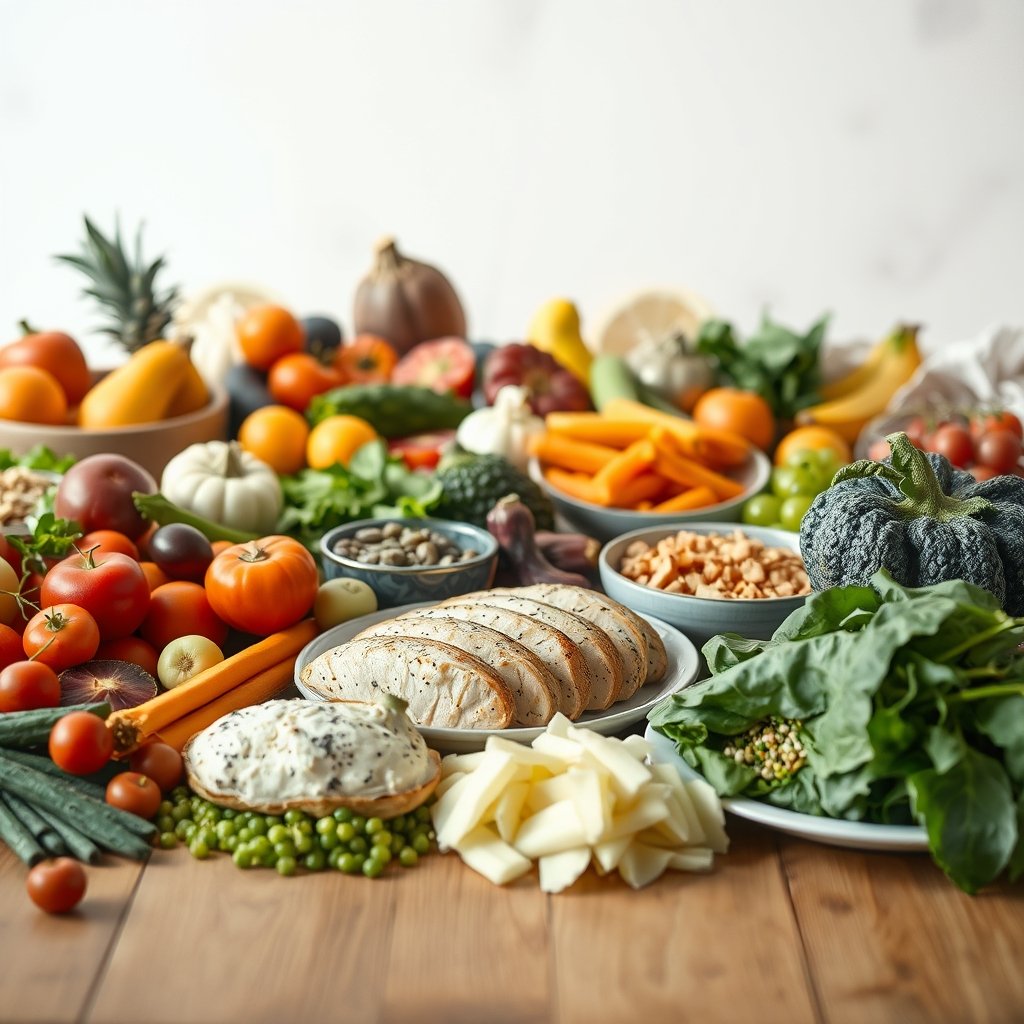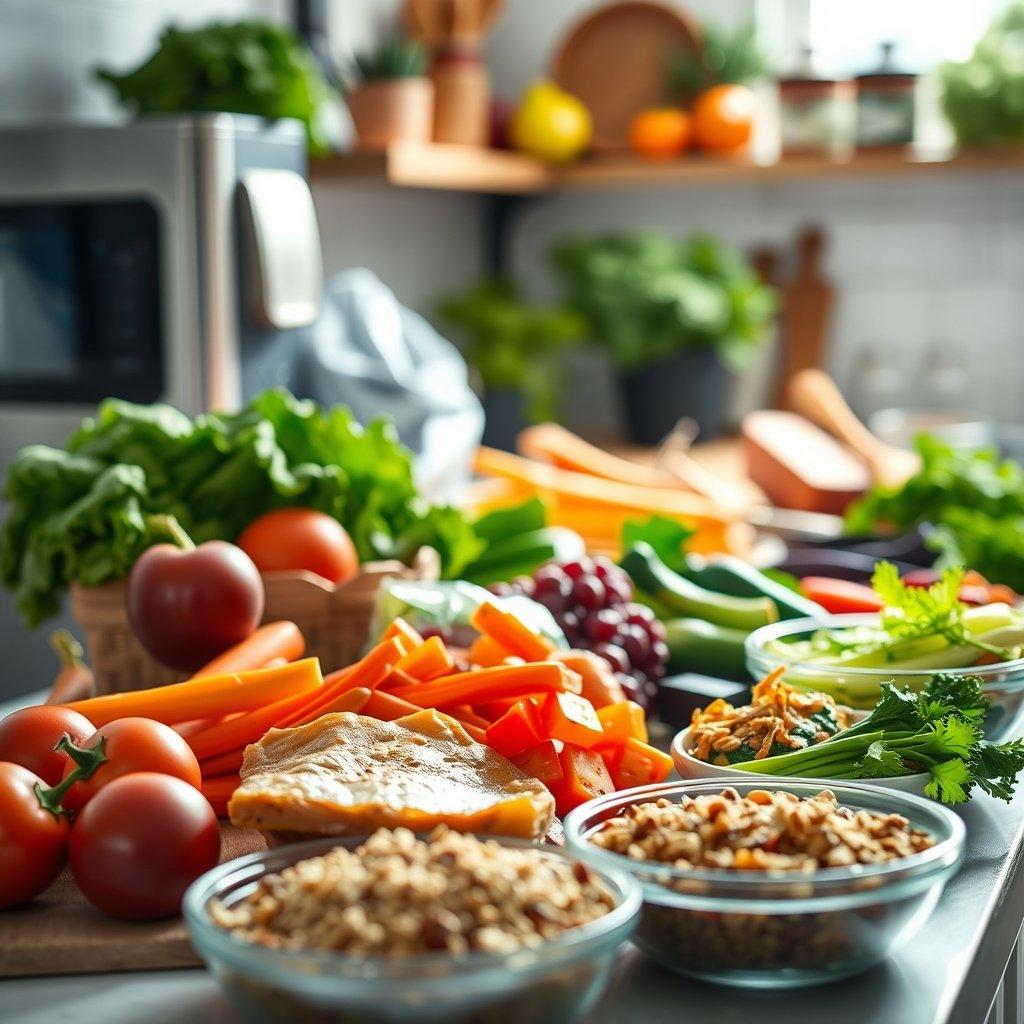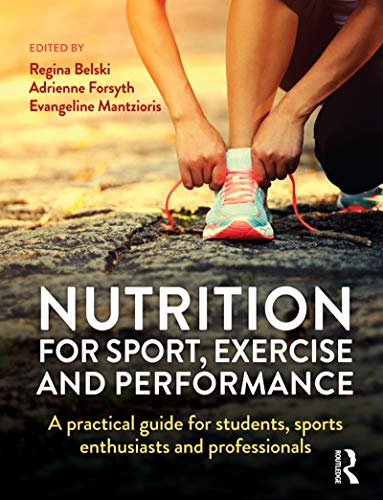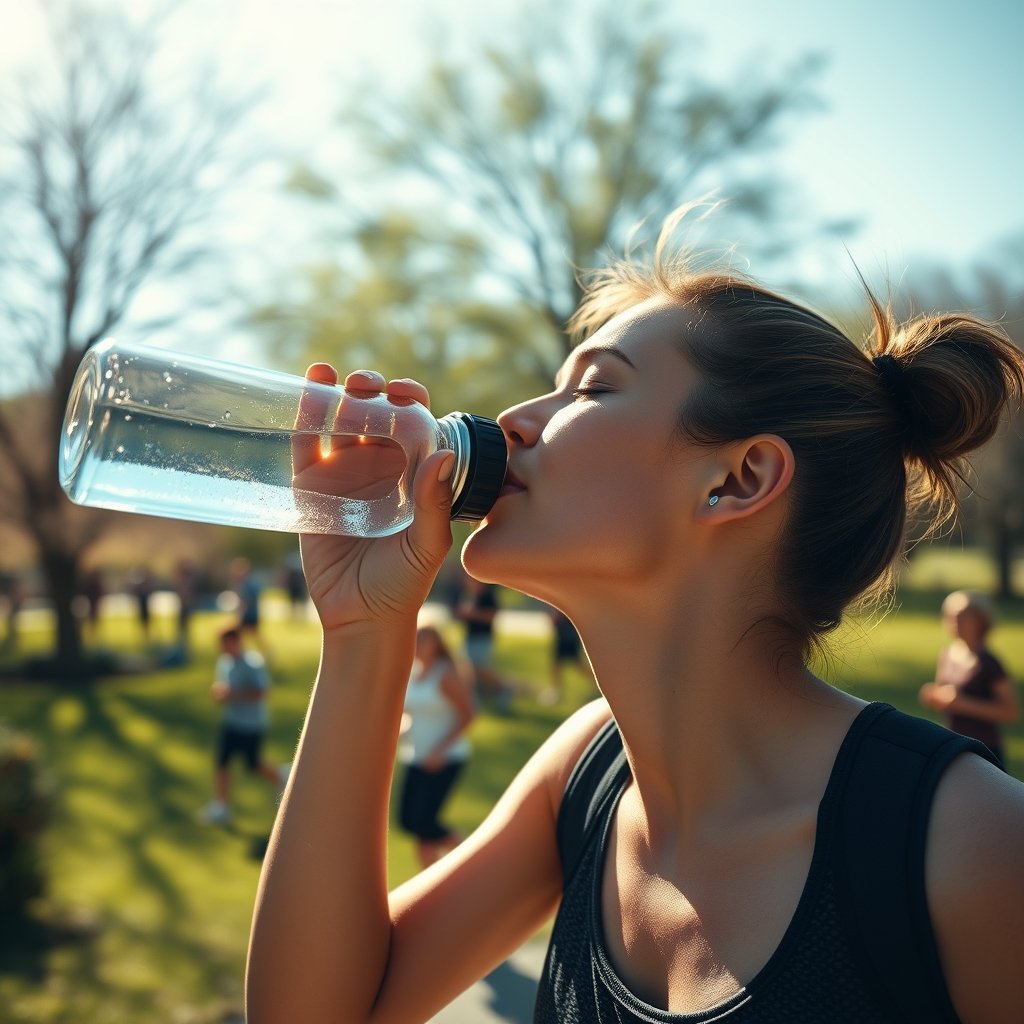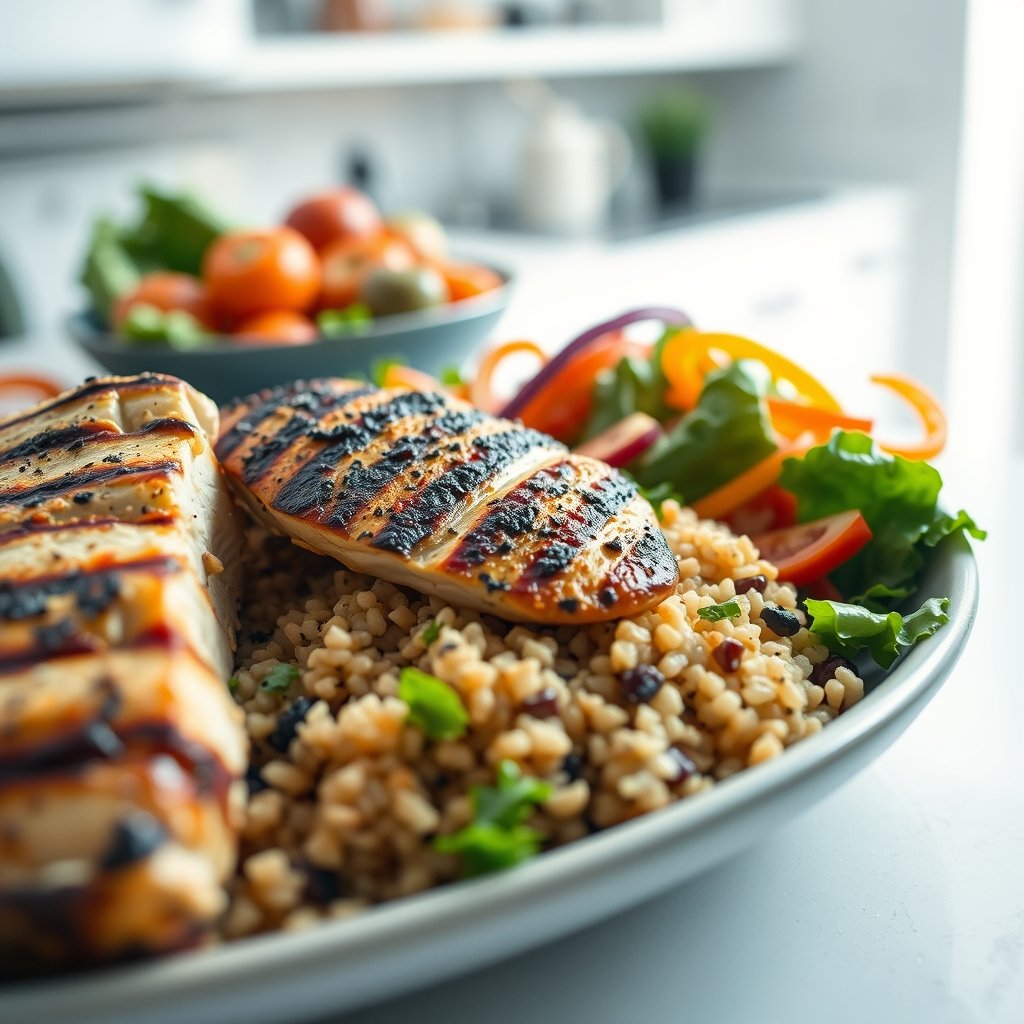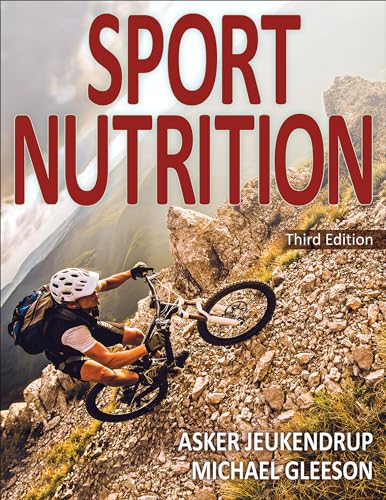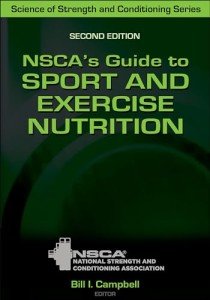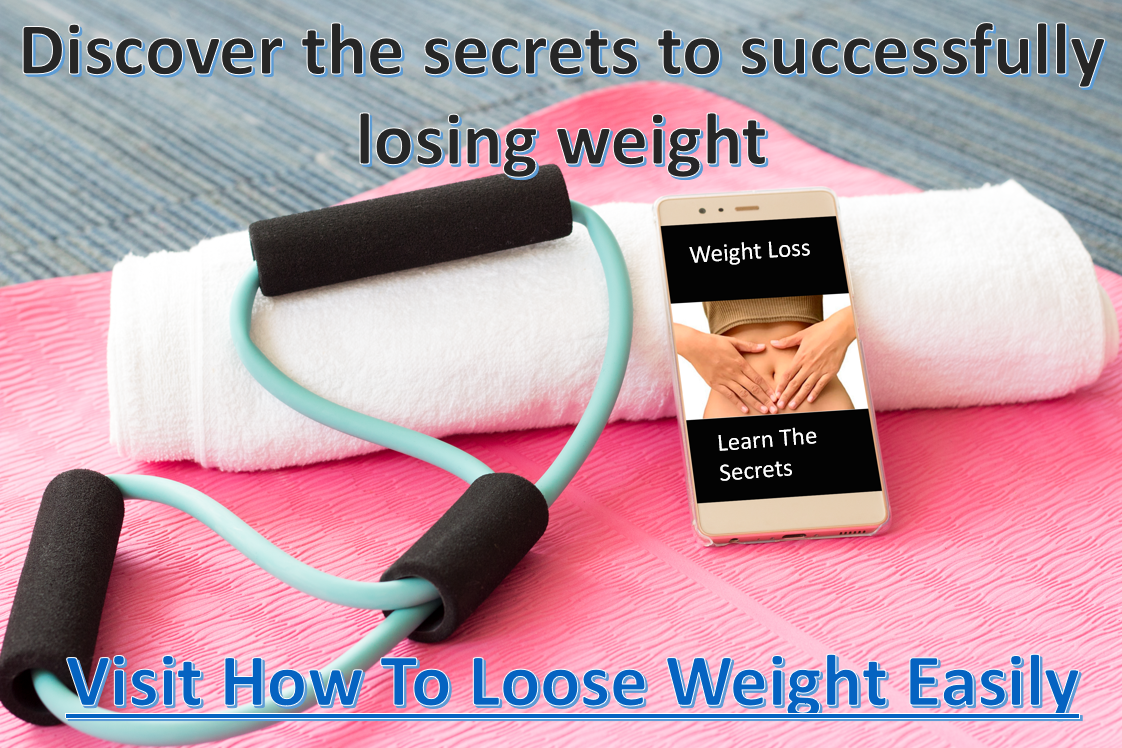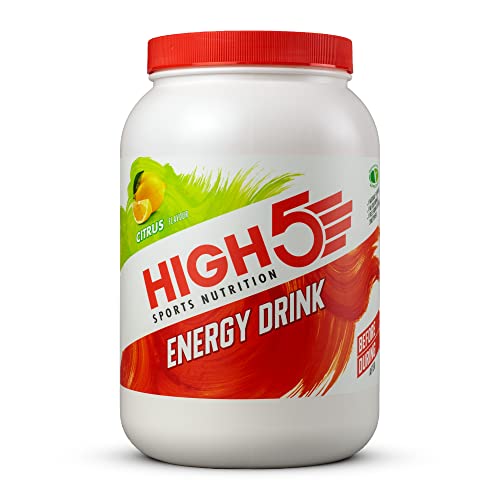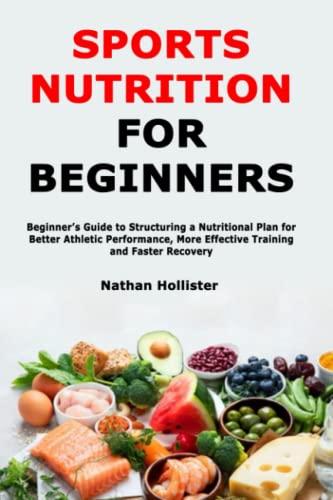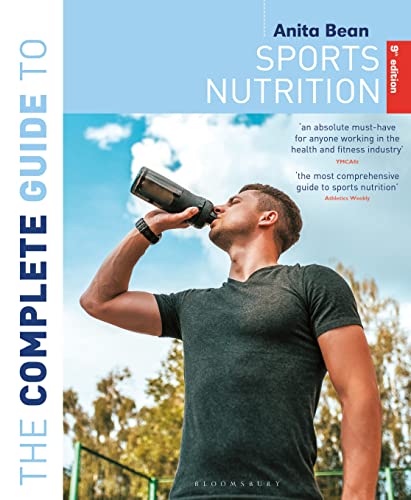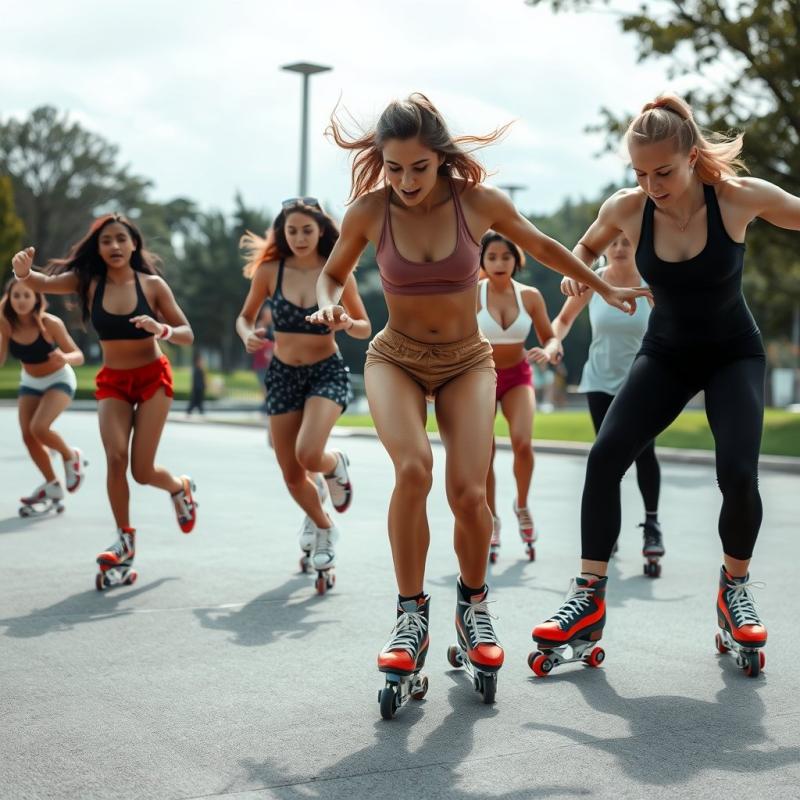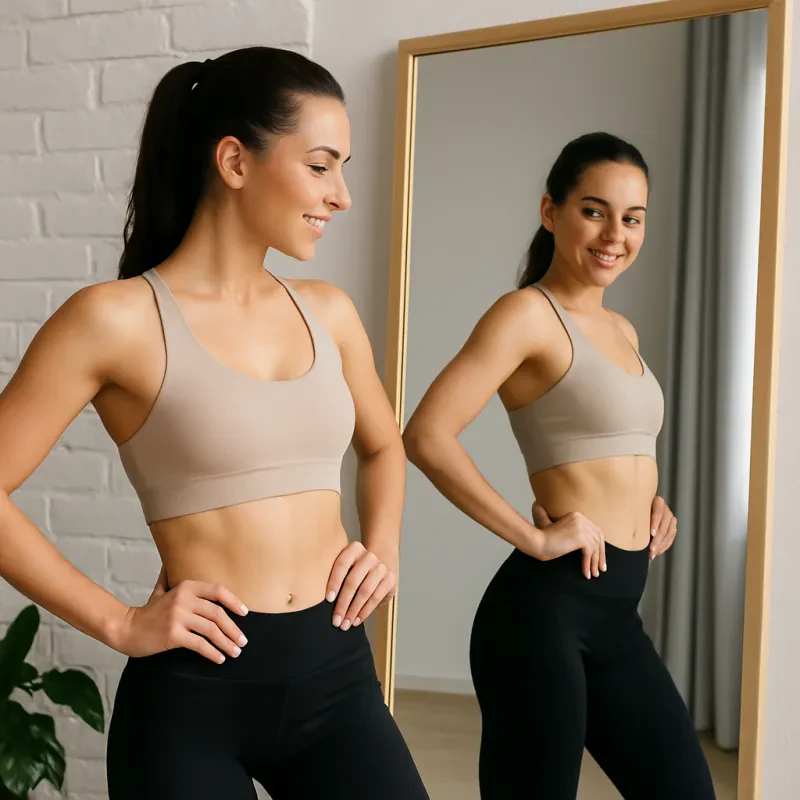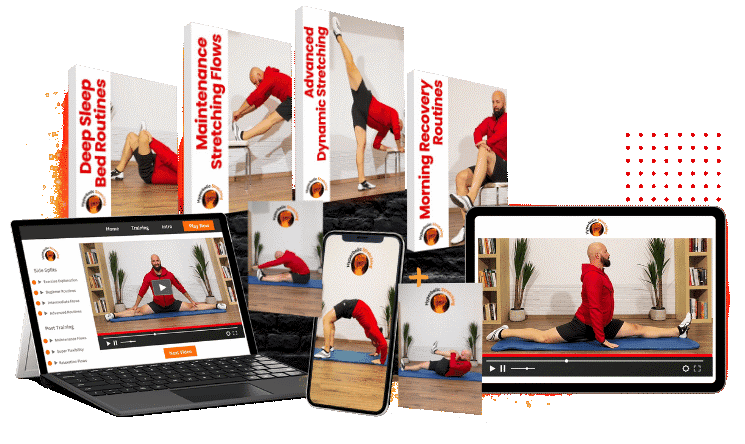Essential Fitness Nutrition
When it comes to achieving your fitness goals, it's important to remember that exercise alone is not enough. Nutrition plays a vital role in fueling your body and optimizing your performance. Whether you're a seasoned athlete or just getting started on your fitness journey, understanding the basics of fitness nutrition is essential.
First and foremost, it's crucial to prioritize the quality of the food you consume.
Nutrient-dense whole foods should make up the majority of your diet. These include fruits, vegetables, lean proteins, whole grains, and healthy fats. Avoid processed foods and sugary snacks as much as possible. By fueling your body with nourishing foods, you'll have the energy and stamina to power through your workouts and recover efficiently.
In addition to eating nutritious meals, the timing of your meals and snacks can also impact your fitness progress. Pre-workout nutrition is crucial to ensure that your body has enough fuel to perform at its best. Aim to eat a balanced meal containing carbohydrates and protein 2-3 hours before exercise. If you're short on time, a small snack like a banana or a handful of nuts can suffice.
Nutrition: Practical guide for athletes and enthusiasts
Achieve optimal performance and overall well-being with this essential nutrition guide for athletes and fitness enthusiasts
Product information
SGD 69.23
Product Review Score
4.84 out of 5 stars
197 reviewsProduct links
Remember to stay hydrated throughout your fitness journey.
Drinking enough water is essential for maintaining optimal performance and recovering from workouts. Aim for at least eight cups of water per day, and increase your intake during intense exercise sessions. Consider adding electrolytes to your water to replenish your body's essential minerals.
By understanding and implementing the basics of fitness nutrition, you're setting yourself up for success on your health and wellness journey. Prioritize nutrient-dense meals, time your meals correctly, and stay hydrated. Your body will thank you as you continue to make progress and reach new fitness heights.
Fueling Your Workout: What to Eat Pre-Exercise
What you eat before exercise can significantly impact your energy levels, endurance, and recovery. Therefore, it's crucial to fuel your body with the right types of foods to optimize your fitness routine.
Before a workout, it's essential to consume foods that are rich in carbohydrates and proteins.
Carbohydrates are the primary source of energy for your muscles, while proteins help repair and build muscle tissue. Opt for complex carbohydrates such as whole grains, fruits, and vegetables. These foods release energy slowly, providing a steady stream of fuel for your workout. Include lean sources of protein like chicken, fish, or high-quality plant-based proteins like tofu or legumes to support muscle growth and repair.
In addition to carbohydrates and proteins, it's also important to include some healthy fats in your pre-workout meal or snack. While carbohydrates provide immediate energy and proteins aid in muscle recovery, fats provide long-lasting energy and can help you stay fueled during longer workouts. Avocado, nut butter, or a handful of nuts make great options for incorporating healthy fats into your pre-exercise meal.
Fitness Nutrition
Fuel your workouts and support your fitness goals with our wide selection of top-quality fitness nutrition products
Product information
SGD 150.61
Product Review Score
4.64 out of 5 stars
197 reviewsProduct links
Post-Workout Recovery: Recharge and Repair
After an intense workout, it's tempting to collapse on the couch and congratulate yourself on a job well done. But if you really want to maximize the benefits of your exercise routine, don't forget about the crucial step of post-workout recovery. This is the time when your body gets to recharge and repair, readying itself for future workouts. Here are some essential tips to ensure your post-workout recovery is effective:.
1. Rehydrate
During exercise, your body loses a significant amount of water through sweat, making it vital to replenish those fluids afterward. Aim to drink water or a sports drink within 30 minutes of your workout. This will not only help replace lost fluids but also aid in the recovery process, as water is necessary for various metabolic functions within your body.
2. Refuel with Protein
Protein is the building block of muscle, which is why it's critical to consume enough of it after a workout. Protein helps repair and rebuild muscle tissue that breaks down during exercise. Opt for a protein-rich snack or meal within an hour after your workout. Greek yogurt, eggs, chicken breast, or a protein shake can all provide the necessary protein to support your recovery process.
3. Stretch and Foam Roll
Stretching and foam rolling are two simple yet effective ways to improve your recovery time and prevent post-workout soreness. After exercising, take a few minutes to stretch your major muscle groups, holding each stretch for 15–30 seconds. Additionally, using a foam roller can help relieve muscle tension and improve circulation, promoting faster recovery and minimizing soreness the next day.
Conclusion: Nutrition for Long-term Success
Proper nutrition plays a crucial role in helping you attain and maintain a fit and healthy body. Alongside regular exercise, building a balanced plate is the foundation for long-term success in your fitness journey. Whether you are an athlete, a fitness enthusiast, or simply someone who wants to enhance their overall well-being, focusing on the right nutrients is essential.
A balanced plate consists of a combination of macronutrients and micronutrients. Macronutrients include carbohydrates, proteins, and fats, while micronutrients are vitamins and minerals that the body needs in smaller quantities. By understanding how to replenish your body with the right nutrients, you can optimize your training efforts, improve your energy levels, and enhance your recovery.
When building a balanced plate, aim to include a variety of nutrient-dense foods. Fill half your plate with colorful fruits and vegetables, as they are packed with antioxidants and essential vitamins. The other half can be divided between lean proteins such as chicken, fish, or tofu and whole grains like quinoa or brown rice. Don't forget to add a small serving of healthy fats, such as avocado or olive oil, to complete your meal.
Remember, each person's nutritional needs may vary based on their goals, body type, and activity level. It is always best to consult with a registered dietitian or nutritionist to create a personalized plan that aligns with your specific needs. By consistently building a balanced plate, you'll not only fuel your body for optimal performance but also establish healthy habits that will contribute to your long-term success in maintaining overall fitness and well-being.
Sport and Exercise Nutrition Guide by NSCA
Sport and Exercise Nutrition Guide by NSCA: Enhance your fitness journey with expert advice on optimizing your nutrition
Product information
SGD 86.56 SGD 67.36
Product Review Score
4.18 out of 5 stars
202 reviewsProduct links
Read about the Perfect Home Fitness Setup
